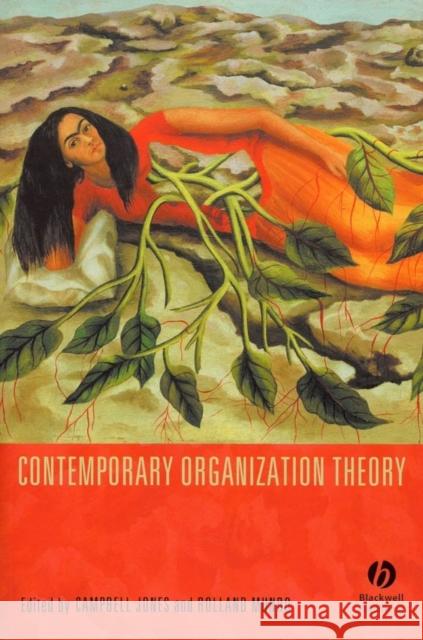Contemporary Organization Theory » książka
topmenu
Contemporary Organization Theory
ISBN-13: 9781405132275 / Angielski / Miękka / 2005 / 320 str.
This research monograph reviews the advances in thinking about organization, but also articulates a vision of the possible future of organization theory.
- Introduces and evaluates the work of eighteen key theorists writing over the last two decades.
- Comments directly on the approach of those writers who have most stimulated and enlargened the recent study of organization.
- Articulates a vision of the possible future of organization theory.











